
for the smiles of children
Our Mission
The suffering goes to the children
Children are often the most severely affected by inadequate sanitation and open defecation. Each year, 525,000 children under the age of five die from diarrheal diseases around the world.

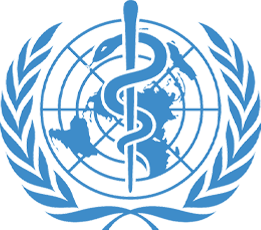
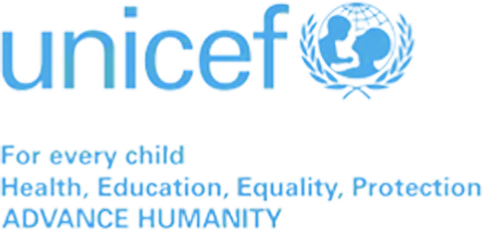
◼ Diarrhea and Child Mortality
There are many different pathogens that cause diarrheal infection, including viruses, bacteria, and parasites. Two landmark studies provided insight to the leading etiologies causing pediatric diarrheal disease in LMICs.
WHO and The Global Enteric Multicenter Study found that the leading pathogens causing moderate-to-severe diarrhea in children <5 years of age were rotavirus, Cryptosporidium, Shigella, and enterotoxigenic Escherichia coli. The Etiology, Risk Factors, and Interactions of Enteric Infections and Malnutrition and the Consequences for Child Health found that norovirus, rotavirus, Campylobacter, astrovirus, Cryptosporidium, and Shigella were the leading pathogens causing diarrhea in the first 2 years of life.
WHO attributes this high prevalence to repeated viral and bacterial infections due to unsafe water and poor sanitation. The main cause is a lack of toilets that can properly dispose of excrement, and the excrement that falls on the ground contaminates drinking water and water resources.
What are INTELET's roles:
Eliminating Open Defecation
- solves a serious problem once and for all
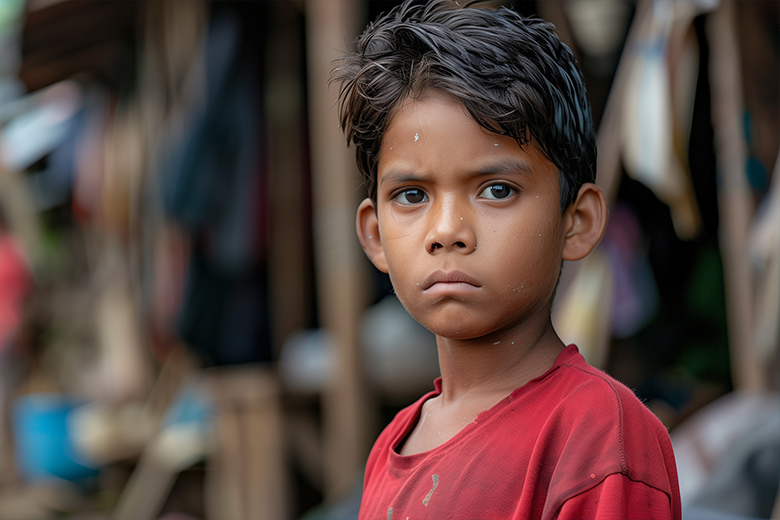
◼ Protect children from
Environmental pollution from human waste causes contamination of drinking water in particular
Contaminated drinking water leads to the spread of diseases such as cholera, diarrhea, and dysentery
Developing countries do not allocate enough budget for sewage infrastructure to support the installation of public toilets.
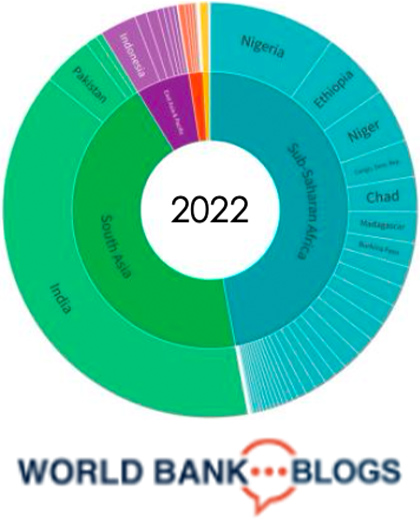
Income Gap = Hygiene Gap
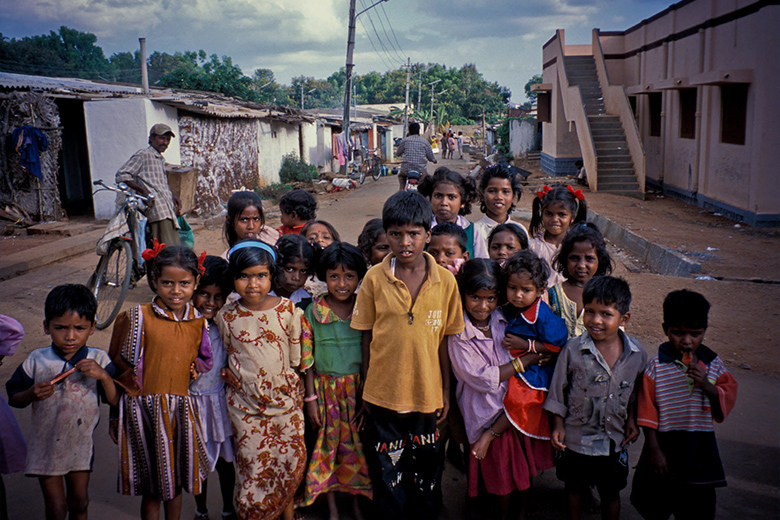
◼ Economical Reasons


Facilitating Sexual Crimes
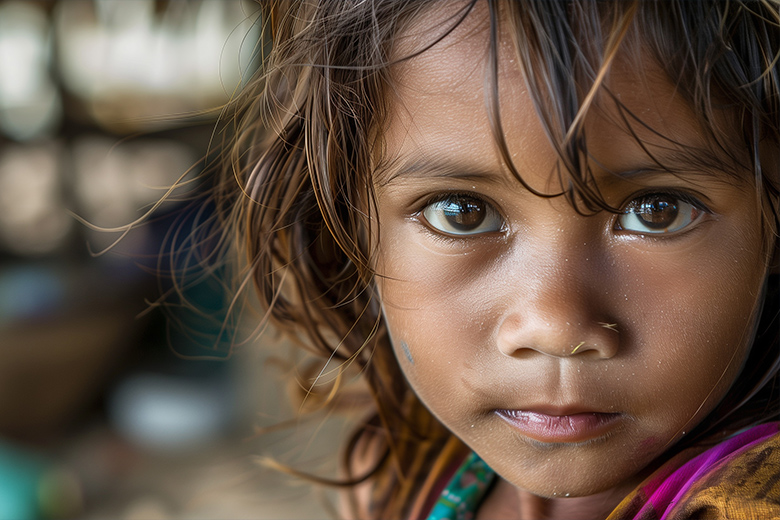
◼ Make it easier to commit sexual crimes

What INTELET
can contribute to society…

-
◼︎ Prevent damage to the living environment

-
◼︎ Prevent infectious diseases

-
◼︎ Prevent sexual assault

